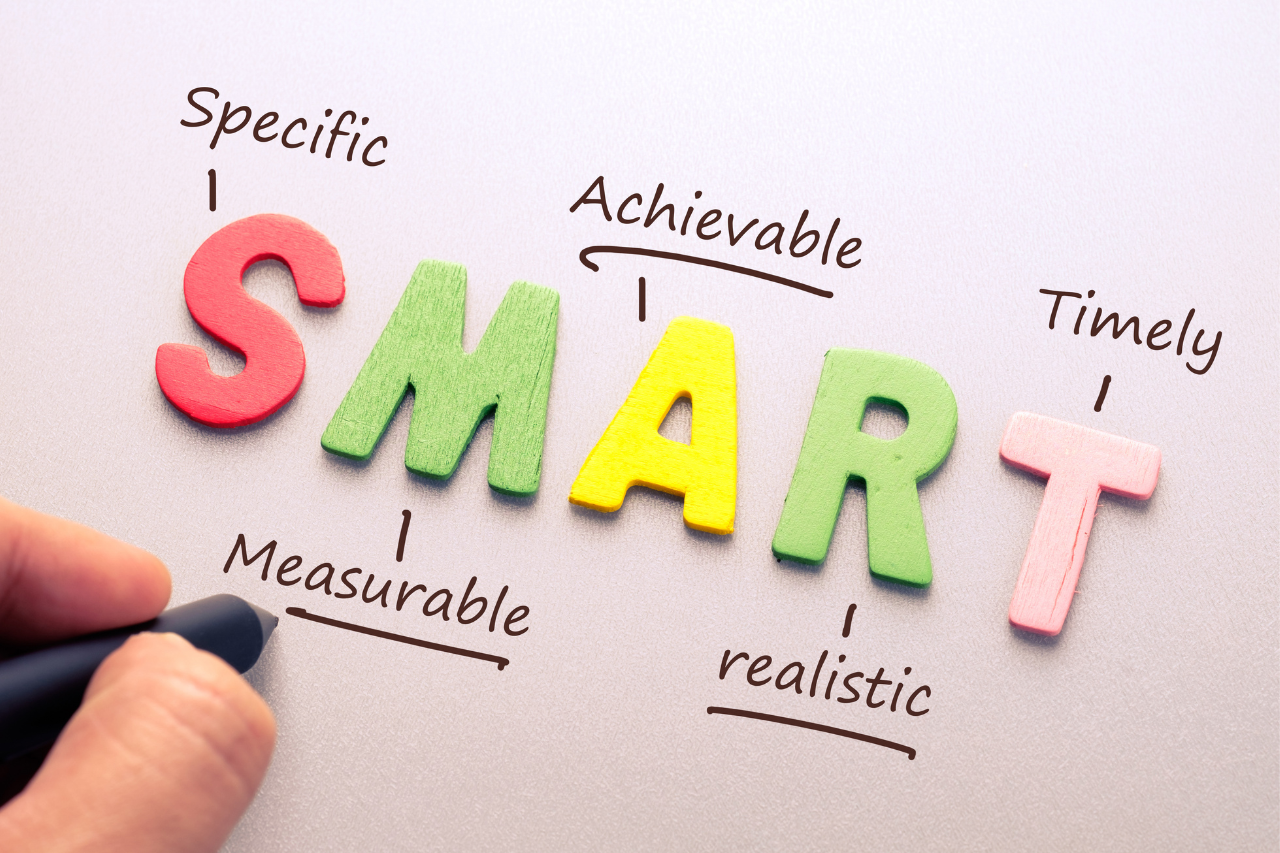Planning is vital to any successful project. The more you plan, the better your project will be and the less stress you will feel. However, planning can be quite challenging.
Planning can be complex if many competing parties have different goals and objectives for the same event or program. Planning requires patience because it takes time to develop clear action plans that address all potential issues before they occur.
But once these plans are developed, several golden rules should be followed during all planning stages.
1: Identify Specific Goals

Before you start, make sure that you have a proper understanding of what the problem is and how it will be solved. If you need to figure out where to start, then it’s too late to try solving a problem that still needs to be there! Next, identify specific goals, objectives, and strategies for tackling your professional challenges.
This will allow for better organization and planning once things get underway. You can use a planning application like Week Plan to help you keep your schedule aligned with your goals.
2: Develop Clear Action Plans

The initial step in developing an action plan is to define the problem. Before starting a solution, it’s important to understand your goal and how you’ll achieve it.
It’s also important not to worry about other people’s goals—you should set your own goals. You can be ambitious but realistic simultaneously; for instance, if your goal is “I want to lose weight,” then consider setting smaller targets along the way (e.g., losing 5 pounds per month).
These action plans will be a way to keep yourself accountable. Moreover, you can provide incentives for yourself when you have successfully completed the tasks.
3: Don’t Underestimate The Effort Needed to Plan

Planning is a process, not an event. Goal planning is a continuous process that happens throughout the year, and it’s essential to understand that planning is not just deciding what to do but also how to do it.
For instance, you may have already decided on your destination for this summer vacation, but if you are still determining how long it will take for your family members and friends (and yourself) to get there from home, planning has yet to begin!
You’ll need more than just transportation routes figured out before setting out on your journey—you’ll also need to know how long it takes based on current traffic conditions in different parts of the country or world, what amenities might be available at each stop along the way.
4: Use the SMART strategy

The SMART strategy is quite helpful when you want to set your objectives or goals in an effective manner. The strategy is quite simple and deals with planning goals that are specific, measurable, attainable, relevant and time-bound.
Firstly, you should ensure that your goals are specific or are clearly defined. Next, it is important to have a criteria so your goals are measurable or you can evaluate your results.
Moreover, it is important to consider whether your goals are attainable and can be realistically achieved. For your goals to be relevant. it is important to ensure that they meet the defined purpose. Lastly, timebound concerns creating deadlines for your goals so they can be completed prior to the set time.
When you follow the SMART strategy, not only will you develop better planning and setting practices, but you will also achieve your goals in a more well defined and timely way.
5: Have Realistic Expectations

Another decisive rule of planning and setting is to have realistic expectations. Set the targets that seem achievable concerning your target audience.
If you understand your audience, you can set goals to achieve what they want from you. If you know how much time or money is available for this project, it’s likely that the project will be completed on time or within budget. Simply put, take advantage of available resources. Don’t reinvent the wheel, and don’t be afraid to ask for help or advice.
6: Create a Master Calendar

You can create a master calendar for the entire year by listing all of the events and activities you plan to do. A physical calendar is preferable, but if you’re using a digital device, consider creating an Excel file that includes all of your events and activities.
Once it’s done, share this master calendar with others, so they know what’s coming up in their lives. Try to work around the schedules and avoid conflicts with other programs. Only schedule events that will not overlap with other events.
If you have an event that overlaps with another’s program, try to find a time when it can be moved to a different location without affecting other people’s plans. If this is not possible, look for another venue where both groups can share space and avoid conflicts altogether.
The Takeaway
We hope that our golden rules helped you get a streamlined approach toward goal planning & setting. The most important part is planning a successful event will take considerable time and effort.
So keep going even if your first few attempts need to work out better. As long as you maintain your focus on the essential goals, success will come eventually!
Week Plan is one of the best digital planners that can help you to better plan and set goals. It lets you set goals according to their importance and help you to make the most of your time. Try it out now for the best goal planning and setting practices.

More Posts
The Guide to Conducting an Effective Monthly Business Review
In the world of strategic business planning, it's key to know how well things are going. A monthly business review (MBR) plays a vital role for top businesses. It lets companies reflect on...
Top 10 Tips for Teachers to Develop a Weekly Lesson Plan
Creating a weekly lesson plan is key for keeping the classroom organized. It helps make sure students meet their learning goals. Planning lessons doesn't have to take up all your time. By looking...
10 Weekly Goals to Boost Your Progress
Setting goals for personal and professional growth can feel hard without a plan. Using the SMART goals method can make you more productive and help you focus. The SMART method means Specific, Measurable, Attainable, Relevant,...
Top 5 Best Meeting Planners
In the age of digital transformation, the significance of utilizing the best meeting planners cannot be overstated. They streamline processes, foster collaboration, and ensure timely communication. Whether navigating the complex landscape of international...